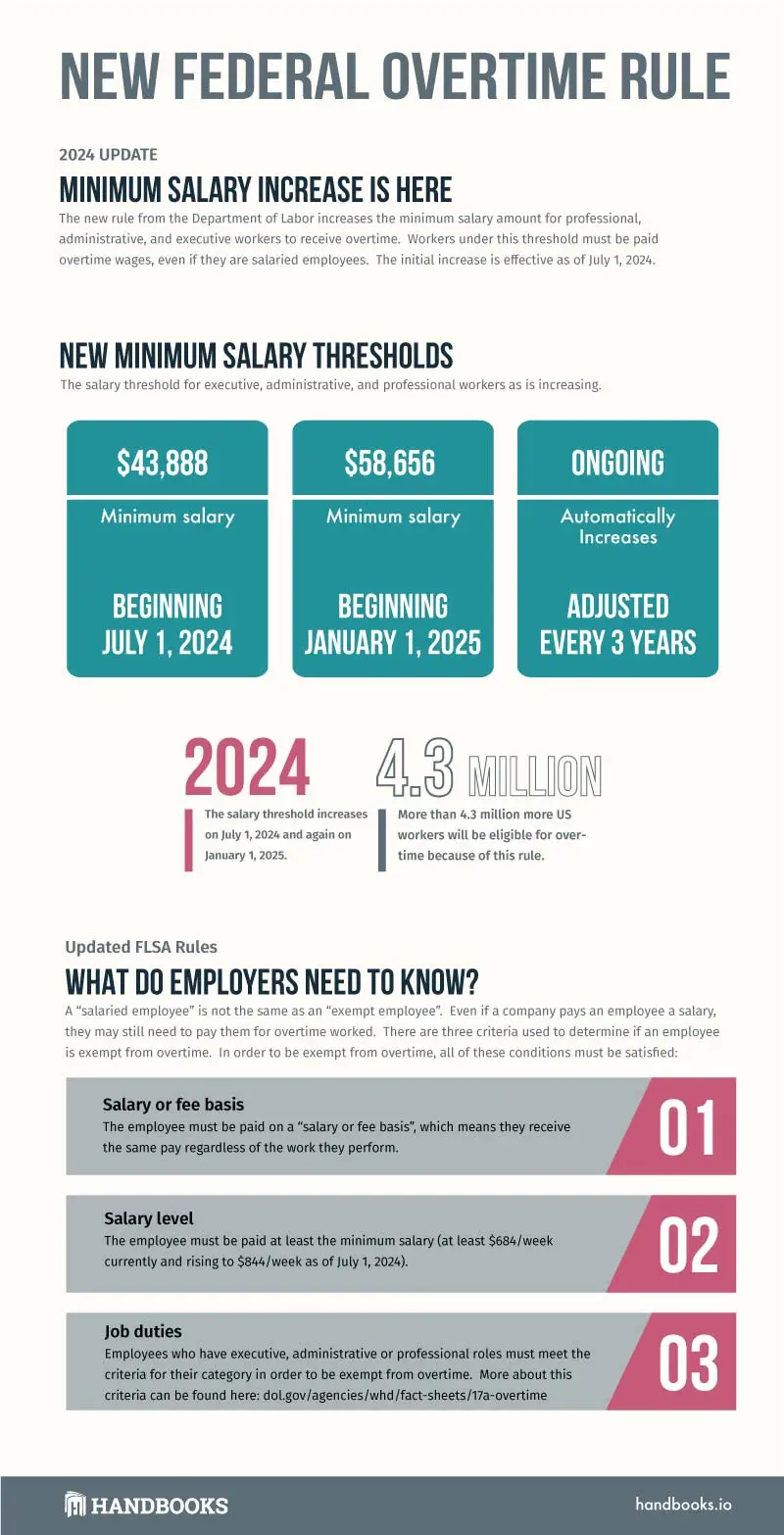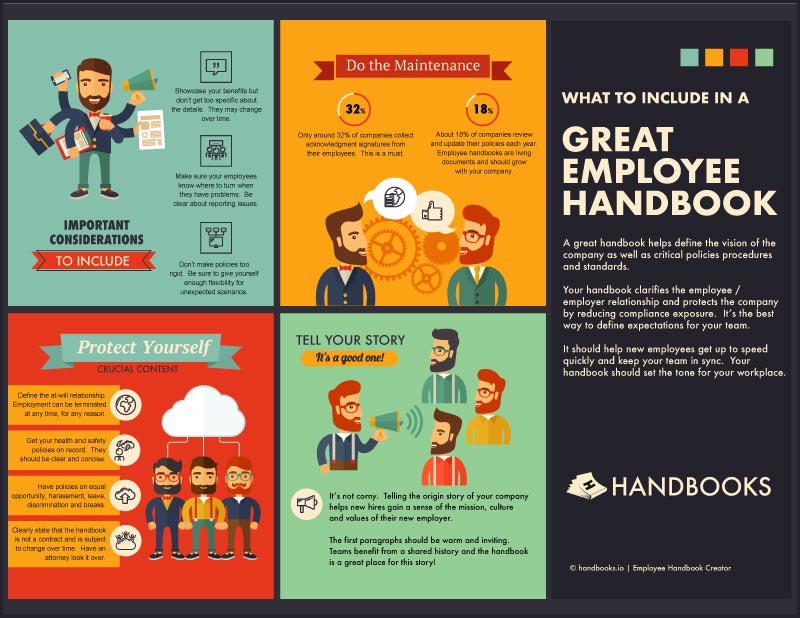The salary threshold for millions of workers is rising July 1, 2024. Here’s what you need to know
More than 4.3 million workers will be affected by the new overtime rules

The New 2024 overtime rule is here and it's a big change
The Fair Labor Standards Act (FLSA) sets the standards for many employment-related issues, and the Department of Labor just updated a key rule.
Beginning on July 1, 2024, the minimum salary threshold for being eligible to receive overtime will be raised to $43,888. This change includes white-collar employees including executive, administrative, and professional workers, and Highly Compensated Employees (HCE).
Here’s a snapshot of the changes beginning in July 2024 going forward:
- July 1, 2024: the minimum salary threshold is raised to $43,888 ($844 a week)
- January 1, 2025: the minimum salary threshold is raised again to $58,656 ($1,128 a week)
- The salary threshold will be automatically updated every three years starting on July 1, 2027
Employers should note that even if they have salaried employees, they may be eligible to receive overtime pay. To determine if a position is exempt from overtime, the following three conditions must be met:
- Salary or fee basis: The employee must be paid on a “salary or fee basis”, which means they receive the same pay regardless of the work they perform.
- Salary level: The employee must be paid at least the minimum salary (at least $684/week currently and rising to $844/week as of July 1, 2024).
- Job duties: Employees who have executive, administrative, or professional roles must meet the criteria for their category in order to be exempt from overtime. More about these criteria can be found at the Deparment of Labor.
Highly Compensated Employees (HCE) have a higher threshold and are based on total compensation (for example earning commission, bonuses, and other certain benefits). HCE salary thresholds will rise to $132,964 on July 1, 2024, and to $151,164 on January 1, 2025. In order to be exempt from overtime pay, a HCE must satisfy one of the above criteria.
What do employers need to do to prepare for this change?
- Understand which employees will be affected by this change
- It’s a good idea to review all exempt employees to make sure their positions still qualify
- Have conversations with affected employees and make any required changes to time tracking and payroll systems
- Keep an eye on challenges to this important rule update. It will likely be challenged in court.



















